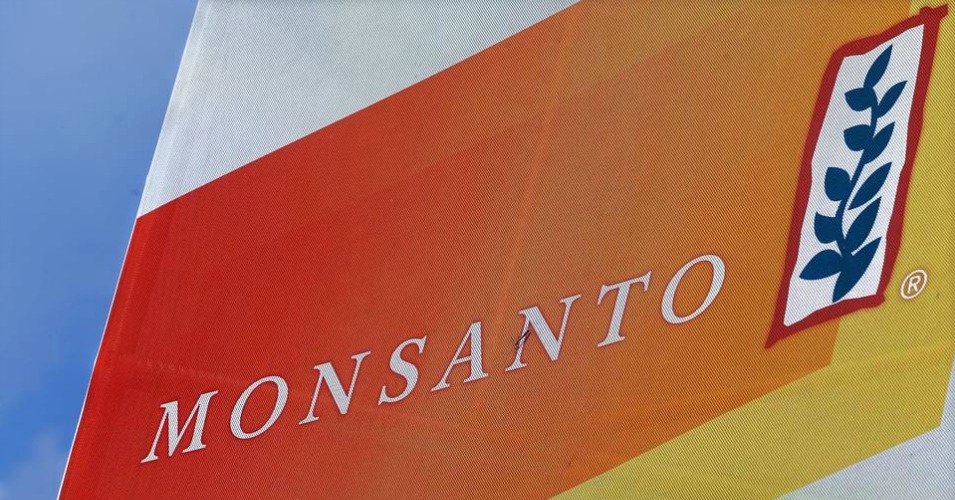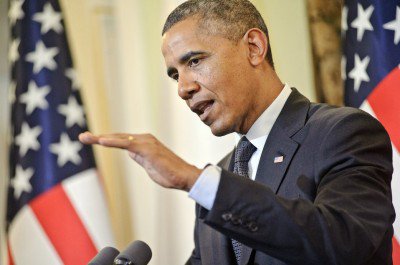According to new research from University of Virginia economist Federico Ciliberto, widespread adoption of genetically modified crops has decreased the use of insecticides, but increased…

9/11, From out of the blue Visit http://www.federfiles.com for more of Mike's work! [embed]https://theturningpointprn.podbean.com/mf/play/9nmndv/TurningPoint_091616_mp3_.mp3[/embed] Download this episode (right click and save)

Hundreds of thousands have signed petitions calling on the U.S. Department of Justice and elected officials to block three proposed mega-mergers of chemical and biotech…

The concentration and centralization of the agro-business multi-nationals advances with gigantic strides: Potash Corp and Agrium have combined into a $30 billion monopoly over the…

Who says nothing is made in the USA anymore? Certainly not the well-heeled denizens of the State Department’s diplomatic corps. And they should know. That’s…

Monsanto may not be the largest company in the world. Or the worst. But the St. Louis, Mo. biotech giant has become the poster child…

Is it coincidence that Berlin approves and even recommends the ‘hostile’ takeover of Monsanto by the German agro-and pharma giant, Bayer? – Or is another…

In a world infected with a plethora of immoral multinational corporations, it is hard to think of two corporations who have more nefarious histories than Bayer…

Do you remember Vioxx, Bextra, Baycol, Trovan, Meridia, Seldane, Hismanal, Darvon, Mylotarg, Lotronex, Propulsid, Raxar or Redux? They were all highly promoted drugs that were…

Dr. Serena McKenzie, N.D. and Dr. Diana have collaborated for almost six years, sharing hundreds of cases using a mind-body approach. We see that medical…

In a document quietly signed into law a few years ago, your right to grow your own food was surreptitiously taken away and given to…

The Food and Drug Administration announced today it is investigating the risk of brain deposits for patients who are given repeated MRIs using imaging drugs…

